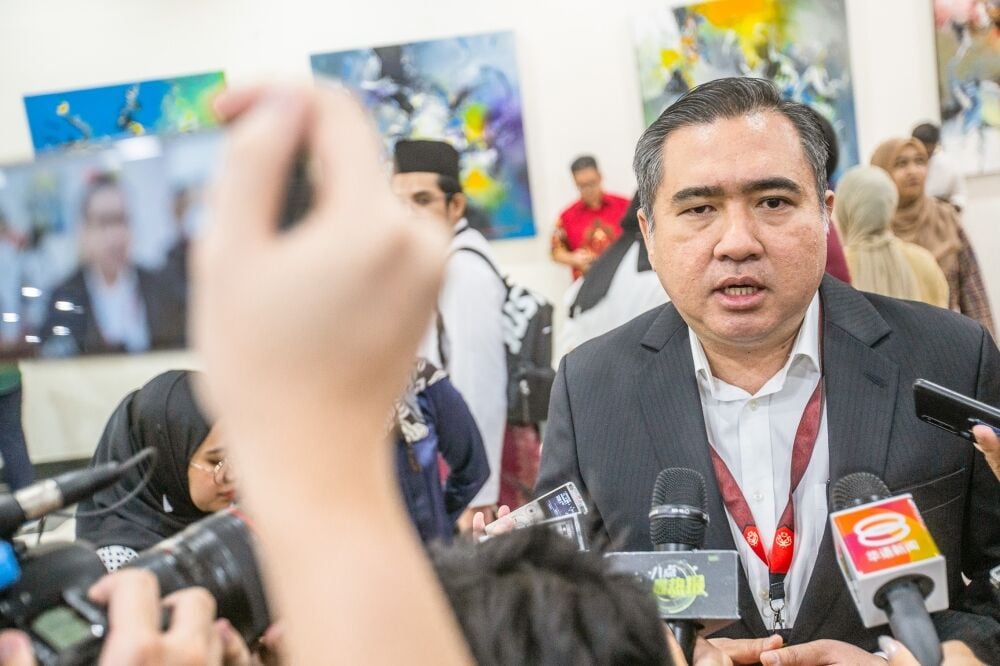KLIA aerotrain service upgrade set for 2023 completion, minister urges haste

Kuala Lumpur International Airport (KLIA) is set to have one of its two Automated People Mover (APM) or aerotrain services back in operation next year. The Transport Minister, Anthony Loke, has instructed Malaysia Airports Holdings Bhd (MAHB) to ensure the upgrading works are completed on schedule or earlier. The aerotrain has been in service for 25 years and is now reaching the end of its lifespan.
Loke expressed concern over the delay in replacing the train, stating that the decision should have been made earlier. The temporary suspension of the aerotrain service has impacted KLIA’s image as the main gateway to the country. To address this issue, Loke has put pressure on MAHB to ensure the project is implemented according to schedule.
The aerotrain project is funded by MAHB and not the responsibility of the Transport Ministry. However, Loke emphasised the need to rectify the weaknesses in the system to avoid any negative impact on public transport services at the country’s main entry point.
In response to questions about the government’s measures to overcome the aerotrain service problems at KLIA, Loke said that several steps are being implemented by Prasarana Malaysia Berhad and Rapid Rail to improve the quality of the services.
“For the Ampang LRT Line, overhaul work is being carried out on the train component system involving all 50 trains since October 2022 and is expected to be completed in December 2027, while on the Kelana Jaya Line, the purchase of 19 new sets of 4-car trains (KLAV27) will be received in stages from August this year.”
Loke also mentioned the ongoing efforts to upgrade the monorail route, including the completion of two new monorail trains (RSV31 and RSV32) and repair work on another monorail train (RSV24), which is expected to be fully completed in March 2025.
In addition, the replacement of train wheels for the Kajang Line, involving all 58 trains, is expected to be fully completed in January 2025. Loke reminded public transport service operators to adopt a maintenance culture according to the schedule and not only when the train encounters problems.
Latest Thailand News
Follow The Thaiger on Google News:


























